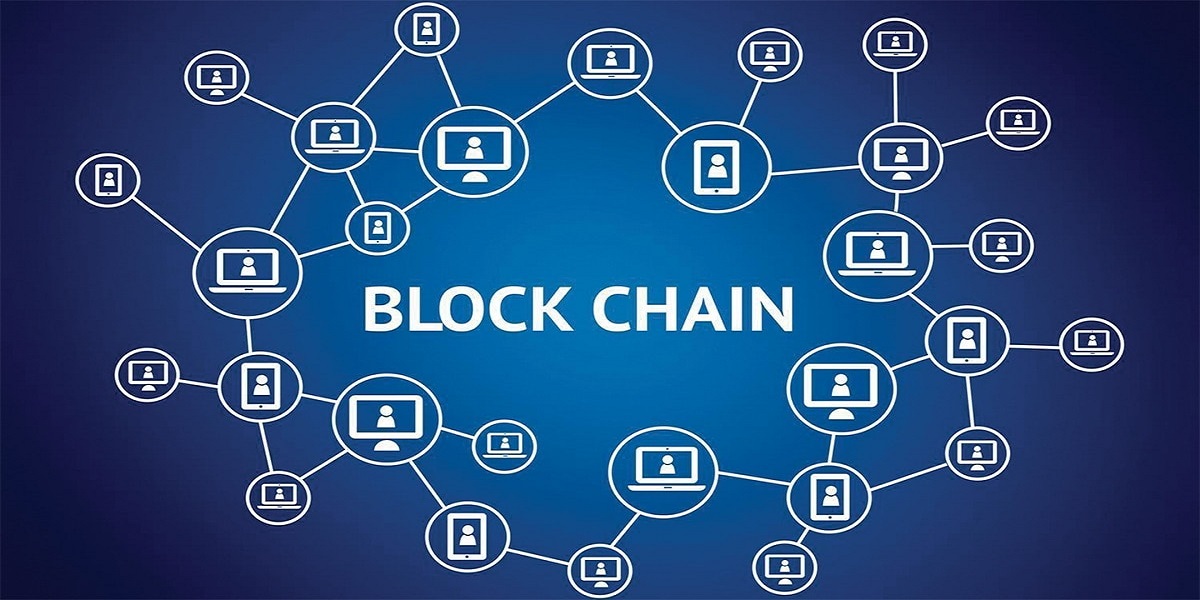Will Blockchain Impact Mobile App Development?
- By Mike
- 14-11-2022
- Blockchain

Blockchain technology has made considerable gains toward the improvement of business operations across a broad range of sectors since the first public blockchain debuted to facilitate bitcoin transactions.
Despite the buzz around the technology, the question of how to apply blockchain in mobile applications continues to get significant attention.
We get a lot of queries from our partners, who are excited about the possibilities of this technology. The most often asked question is:
How will blockchain affect our mobile strategy, particularly mobile app development?
This blog article will look at some of the benefits and drawbacks of using blockchain technology in the mobile market.
Blockchain Technology in Mobile App Development
Blockchain technology is having an increasing influence on the mobile app development industry in the latest web3 platform. Many industries use it to create a dependable environment, protect data access, and offer transparent and secure financial processes.
Blockchain mobile applications have already changed the landscape of sectors such as finance, banking, insurance, healthcare, supply chain management, and the internet of things.
For example, multiple signatures are prevalent in the insurance and financial industries on numerous contracts or documents. Blockchain-based applications offer a dependable connection to a mission-critical database in this situation. Furthermore, they provide secure access to many users.
The Benefits and Drawbacks of Blockchain in Mobile
According to a recent Deloitte blockchain study conducted across seven countries, half of the respondents (1000+ organizations) want to spend between one and ten million dollars on blockchain solutions next year.
Let's look at the benefits of this disruptive technology that blockchain corporations are betting on.
Distributed
A blockchain, as previously stated, is a distributed ledger. This implies that a blockchain depends on several independent nodes and doesn't need a trusted authority or central server. Nodes control transactions. Therefore no intermediaries are necessary.
Businesses benefit as a result of this:
Increased profit margins
Reduced operating expenses
Faster transactions
Will it survive the test, though, when we examine blockchain's dispersed nature through the lens of mobile? A blockchain-only mobile app would transform a smartphone or tablet into a node, with obvious consequences.
Mobile Storage vs. Blockchain
The amount of data that mobile devices can store is naturally limited. A blockchain mobile app might soon consume all available storage space on a smartphone or tablet.
The larger the chain, the more space it would demand on a mobile device: the Bitcoin blockchain has grown to about 330 gigabytes as of March 2021. You do the calculations.
Mobile Performance vs. Blockchain
While current smartphones can compete with mid-range PCs, which comprise the majority of nodes on a conventional blockchain, we must accept that the plurality of mobile devices on the market need more ability to enable the proper operation of a blockchain.
Furthermore, battery capacity would be a problem since frequent networking, and processing processes would quickly deplete a smartphone's energy.
Immutable and secure
Each block of data added to a blockchain is confirmed by all nodes that are part of the blockchain. The blockchain database is resistant to hacking thanks to the timestamp and encryption of each new piece of data.
Certainly, data immutability might be useful in mobile systems, but extended verification would make the entire thing worthless. Furthermore, many smartphone models now have biometric authentication, a self-contained security feature.
Transparent
While giving each stakeholder in a system real-time access to their information, blockchain eliminates the possibility of any entity interfering with the data in a specific node without being detected.
It implies that any data alteration is transparent to every network member. Without disclosing personal information, blockchain technology allows you to observe what information was changed, by whom, and when. As a consequence, falsifying data or transactions is out of the question.
When your app demands more transparency and control over data, blockchain is the right technology to use.
Efficient and quick
Many financial institutions create and deploy mobile applications to improve corporate processes and the client experience. When it comes to transactions, the typical method includes many procedures and verifications.
Because blockchain enables you to simplify and automate the process, you don't need a mediator to participate in and finish a transaction. This technology allows mobile applications to provide speedy and efficient operations throughout the clock.
So there's no blockchain in mobile?
Not exactly. Blockchain has the potential to make its way into the mobile world. Consider all of the mobile wallet applications available. A digital wallet app is an excellent way to manage bitcoin transactions.
We must understand that a mobile wallet differs from a blockchain-based mobile app. In actuality, such a wallet only interfaces with a blockchain, which, as expected, operates on desktop PCs.
You'd be astonished to find that most applications operate in this manner. The server is the one that generates numbers and algorithms. In most situations, mobile applications get data from a server and allow you to interact with it.
Uber is a perfect example: it is the server that calculates the cost of a trip, not the app, and it is not the app that calculates the ideal route – Apple and Google have massive back-end infrastructure behind their mapping services that feed this data to the Uber app.
The argument we're attempting to convey here is that blockchain technology does not significantly alter mobile app development fundamentals other than providing another point of interaction. An app may connect to a blockchain and act as a mobile interface for the blockchain.
The Future of Blockchain-Enabled Mobile Apps
Although there is no obvious justification for establishing a mobile-first blockchain system at this time, providing the ease of a mobile interface.
The following are some of the most intriguing use cases for merging mobile applications with blockchain-based solutions:
Apps that manage cryptocurrency transactions
Land titles and rights documentation
Gambling on mobile devices
Apps for trading cryptocurrencies, for example.


.jpg)
.jpg)
.jpg)
